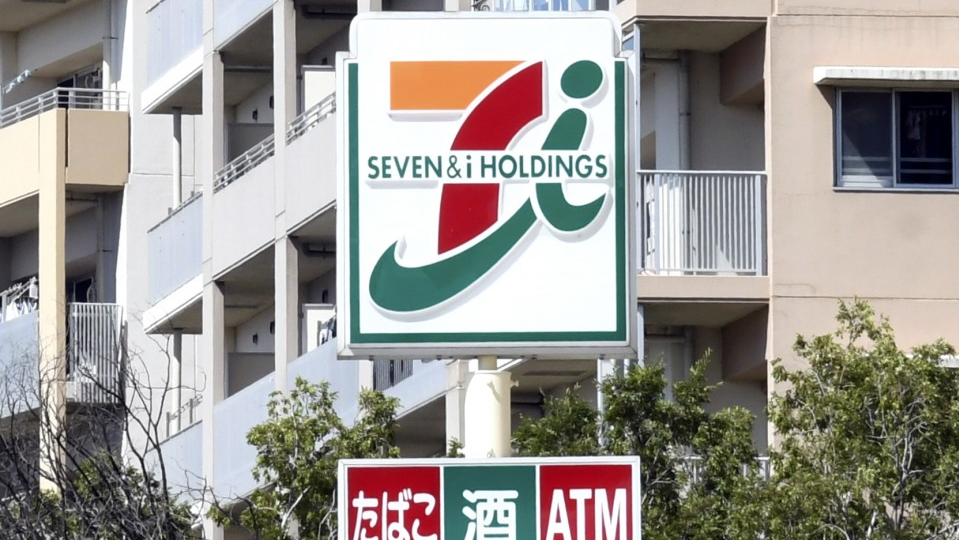Why 7-Eleven’s Potential Sale to a Canadian Rival is Making Waves
3 min read

This week, the retail world was jolted by the news that 7-Eleven’s parent company, Seven & i Holdings, has received a buyout offer from a Canadian rival. This development has sparked significant surprise in Japan, where no Japanese company of this scale has ever been acquired by a foreign firm before. Historically, Japanese firms have been more inclined to acquire businesses abroad.
7-Eleven, renowned as the largest convenience store chain globally, boasts an impressive 85,000 stores spread across 20 countries and territories. The chain has carved out a niche for itself by offering quick, affordable, and tasty meals—a formula that has proven especially successful in markets like Japan and Thailand. According to Seven & i Holdings’ CEO, Ryuichi Isaka, “We have more stores than McDonald’s or Starbucks,” highlighting the chain’s vast presence.
In Japan, around 25% of these stores are located, with about 10,000 in the United States. In comparison, Alimentation Couche-Tard, based in Quebec and known for its Circle K chain, operates nearly 17,000 stores across 31 countries. The preliminary offer for Seven & i Holdings values the company at over $30 billion (£23 billion). Following the news, 7-Eleven’s shares surged more than 20% on Monday, though they later experienced some decline.
Analysts attribute part of this valuation shift to the weakening of the Japanese yen against major currencies like the US dollar, making Seven & i more accessible. Furthermore, Japan’s recent push to encourage mergers and acquisitions appears to be having an effect, according to Manoj Jain from Hong Kong-based hedge fund Maso Capital. However, any deal of this magnitude will likely face scrutiny from competition regulators.
7-Eleven has leveraged its popularity in Japan and beyond by offering a diverse array of fresh food items, such as rice balls, sandwiches, pasta, fried chicken, and dumplings. Unlike in many countries where convenience stores primarily offer snacks and basic items, 7-Eleven has become a culinary hotspot in Japan. The chain’s offerings have even turned it into a social media sensation in Asia, with its products receiving viral attention. For instance, its ham and cheese toastie has become a TikTok favorite in Thailand, and British singer Ed Sheeran’s viral video of him sampling Thai 7-Eleven snacks has further boosted its global profile.
As Seven & i Holdings explores the potential sale, it is also focused on expanding its U.S. and European presence. Under pressure from investors, the company has been re-evaluating its strategy to emphasize the 7-Eleven brand. “What we’ve discovered is that stores offering fresh food attract many more customers,” Isaka said. “We aim to grow with high quality—not just quantity—ensuring customer satisfaction and increasing sales at each location while expanding our store count.”
 Seven & i Holdings has also been active in acquiring new locations. In January, it purchased over 200 U.S. stores from the Sunoco gas station chain for approximately $1 billion (£770 million). In April, it reacquired more than 750 stores from an Australian franchisee. For most of its nearly 100-year history, 7-Eleven was an American brand, originally founded in 1927. It initially sold ice and later expanded to essentials like milk and bread. The store’s extended hours, from 07:00 to 23:00, inspired its name.
Seven & i Holdings has also been active in acquiring new locations. In January, it purchased over 200 U.S. stores from the Sunoco gas station chain for approximately $1 billion (£770 million). In April, it reacquired more than 750 stores from an Australian franchisee. For most of its nearly 100-year history, 7-Eleven was an American brand, originally founded in 1927. It initially sold ice and later expanded to essentials like milk and bread. The store’s extended hours, from 07:00 to 23:00, inspired its name.
The company’s international journey began in 1974 when Japan’s Ito-Yokado opened the first 7-Eleven in Japan. By 1991, Ito-Yokado had acquired a 70% stake in the U.S. parent company of 7-Eleven. Masatoshi Ito, the founder of Ito-Yokado, is credited with transforming 7-Eleven into a global brand before his passing in 2023. Ito-Yokado was renamed Seven & i Holdings in 2005, with the “i” honoring Ito and his company.
As Seven & i Holdings contemplates whether to maintain its Japanese ownership or return to its North American origins, experts are speculating about the future of Japanese firms in the global market. There appears to be a growing openness among Japanese companies to foreign investment and acquisitions, potentially setting the stage for more international interest in Japanese enterprises.